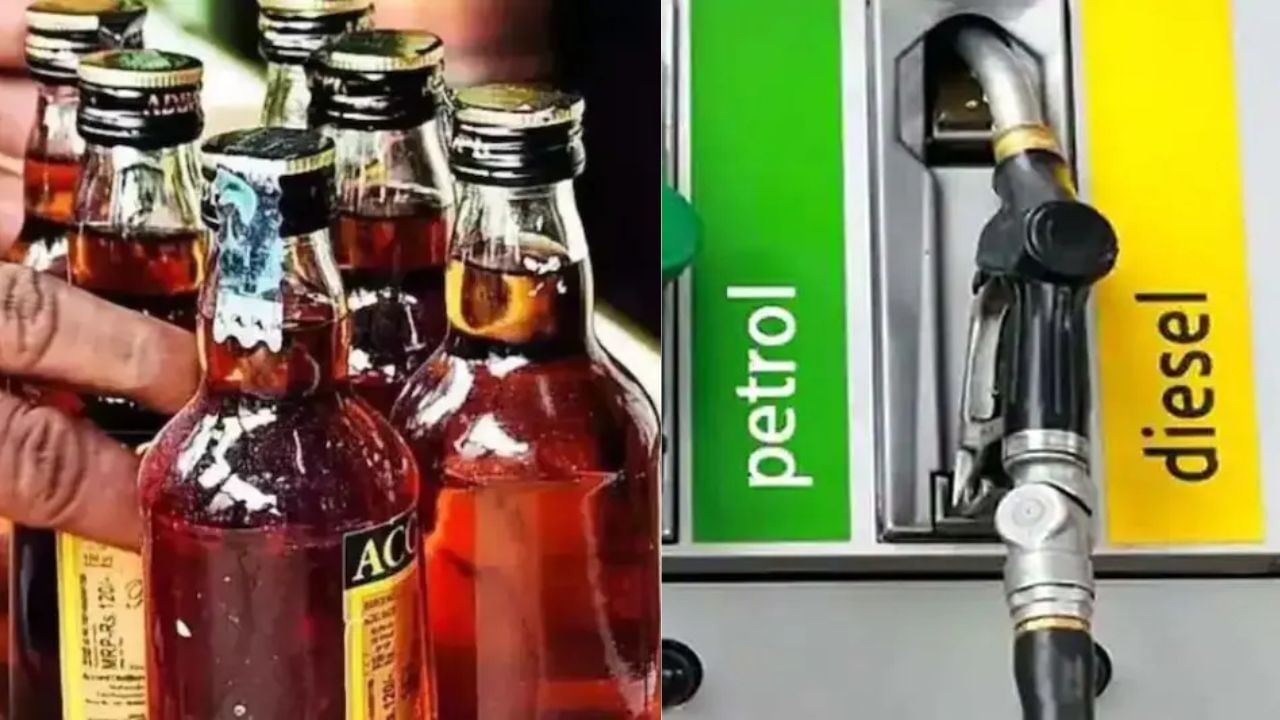Since Monday, September 22, India’s indirect taxation system has changed major changes. GST (Goods and Services Tax) is being cut from at least 375 products to promote economy amid tariff uncertainties. Giving relief to consumers across India, the country’s Finance Minister Nirmala Sitharaman had reduced the 4 slabs of tax in the 56th meeting of the GST Council to 2. After this GST reform, only 5 and 18 percent GST slabs will remain.
At the same time, one 40 percent will be special slab, in which luxury and sin products have been kept. About 99% of the goods under 12% GST slab have come into 5% tax slab. This change also means that under 28 percent tax slab slab, 90 percent of the products have come into 18 percent tax slab. The government has also announced a separate 40 percent GST slab for tobacco, cigarette, luxury cars and some other items.
Sitharaman had said that the GST reform will invest Rs 2 lakh crore in the economy, which will bring more cash in the hands of the people. The tax of at least 375 products has been reduced, but some people must be wondering what will happen to the prices of petrol, diesel and liquor with this new GST reform. Let’s try to understand it a little…
Will petrol and diesel prices be cheaper?
Petrol and diesel are not currently under the purview of GST. Therefore, the GST rate reform will not have any effect on petrol and diesel. In India, the price of petrol without tax or the price of real petrol is relatively lower than its retail value. This is because both the central and state governments levy taxes on petrol and diesel.
Therefore, the prices of petrol and diesel are different state rates, which depends on how much tax the state government imposes fuel prices. The retail price includes additional zodiac signs, commission to the dealer and freight cost etc.
Various types of tax on petrol and diesel include the excise duty of the center and the VAT imposed by the states. While excise duty is equal for all states, the VAT state rates change, due to which petrol prices in some states are reduced and some are reduced in some.
The central government is considering bringing petrol and diesel under the purview of GST, while the states have objected to this, because they have already lost the autonomy to tax the goods coming under the GST. The Center and the states have justified their decision not to impose GST on petrol and diesel, saying that these taxes are helpful in financing many social programs.
Are liquor prices becoming cheaper?
Like petrol and diesel, the GST reforms to be implemented from today will not have any effect on the prices of liquor. The states have the right to tax liquor, which put VAT on these beverages. The states earn a large part of their revenue from alcohol, so it is not kept under the purview of GST. If the state governments decide to reduce VAT at any time, then the prices of liquor decrease. Like petrol and diesel, liquor tax components include excise duty and VAT.
Both these fees are charged by the state. According to fresh data compiled by International Spirits and Wine Association of India, which was given by The Times of India in May 2025, Goa imposes the lowest 55 percent excise duty, while Karnataka is the highest 80 percent excise duty. The states are not ready to give up the right to put VAT on liquor, due to which different states have different retail prices.
